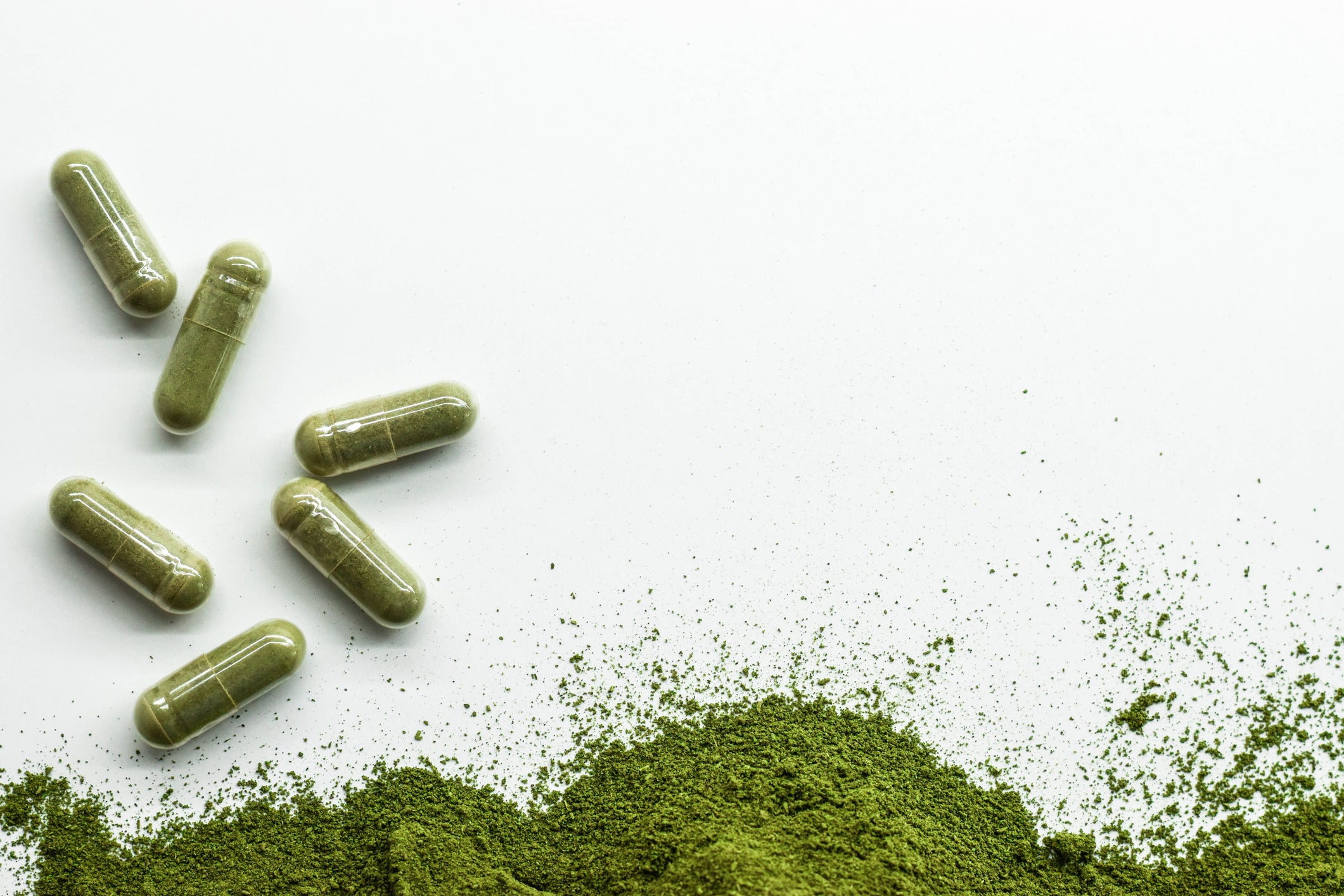Common herbal supplements taken by millions of Americans could be linked to deadly liver damage

Commonly-used herbal and dietary supplements taken by millions of Americans to stay healthy have been tied to a rising number of cases of liver damage and toxicity.
Supplement-related liver failure that required U.S. patients to be put on a waitlist for a transplant increased by eight times the previous level from 1995 through 2020, according to a 2022 study in the journal Liver Transplantation. Another study found that 20 percent of liver toxicity cases around the country are linked to the supplements, according to research published in the journal Hepatology.
The result of the damage can be life-threatening. Liver disease results in more than 50,000 deaths each year, according to federal health officials. The result of the drug-induced liver injury known as hepatotoxicity can be impaired liver function and liver failure. Cases of hepatotoxicity may be rare, but it remains unclear just how rare.
Still, some 15 million Americans are using supplements containing ingredients that are potentially harmful to the liver.
“I think people assume these things are safe,” Dr. Dina Halegoua-De Marzio, a Jefferson Health hepatologist, told NBC News. “The No. 1 reason we see people taking these are for good health or to supplement their health, and so I don’t think that they realize that there is a real risk here.”
So, what are the offending supplements tied to these cases? You may regularly use them in cooking. Many patients take them with the aim of improving their health. The bright yellow spice turmeric is the most commonly consumed in the U.S., according to a study published last year in the journal JAMA Network Open. Black cohosh, red yeast rice, Garcinia cambogia, and green tea extract were also identified on a list compiled by researchers at the University of Michigan.
“When you cook with turmeric, that could be really safe. But some of the supplements now are 2,000 milligrams plus, which is a very high dose of turmeric,” Halegoua-De Marzio said, noting that adding black pepper could make the liver “really sick.”
Online, many of these supplements are promoted as more natural options than prescription medications. But, they are not subject to the same kind of testing and scrutiny as other drugs. That’s not the only issue. Physicians say insufficient attention in medical screenings and mislabeling are two other problems to be aware of.
“We performed analytical chemistry and found about a 50 percent mismatch between stated ingredients on the label and what they actually contained, which is quite alarming,” Dr. Robert Fontana, a University of Michigan Medicine hepatologist, said in a statement. “If you buy a supplement and it says it has a certain ingredient, it’s basically a coin flip if that’s true or not.”
Fewer than 40 percent of patients willingly tell their doctors about the supplements they are taking, according to Kaiser Permanente primary care physician Dr. Crystal Xue.
Without the guiding hand of doctors, people who take too much may not realize the risk. New Jersey’s Robert Grafton told NBC News that if he hadn’t been in the medical field, he might have taken more supplements to help him feel better. Instead, following a trip to the hospital, he found out he had a drug-induced liver injury after taking ashwagandha, turmeric pills, and other supplements.

Some people are even genetically vulnerable to this kind of damage. Although, that’s also true for prescription drugs.
Symptoms of liver damage and toxicity can differ, but generally include fever, fatigue, abdominal pain, nausea and vomiting, urine changes, and jaundice.
There are some 44,000 estimated cases of liver damage associated with the drugs each year, including 2,700 deaths. That number is likely an undercount.
People can still take supplements, given they do so safely. However, given the lack of regulation in this area, researchers hope to raise awareness about the issue to try to prevent future deaths.
“We’re not trying to create alarm,” Fontana said.
“We’re just trying to increase awareness that the over-the-counter supplements people are taking and buying have not been tested nor necessarily proven to be safe,” he said.




